24/7 Helpline:
(866) 899-221924/7 Helpline:
(866) 899-2219
Learn more about Residential Rehab centers in Banks County

Other Insurance Options

UnitedHealth Group

Self-pay options

Molina Healthcare

BlueShield

Access to Recovery (ATR) Voucher

Ceridian

State Farm

Optima

Magellan

Private insurance

Anthem

Amerigroup

Coventry Health Care

Highmark

MHNNet Behavioral Health

Choice Care Network

Holman Group

Cigna

EmblemHealth

GEHA

Adolescent Growth
Adolescent Growth provides outpatient and inpatient services for teens with mental health challenges...

Penny Lane Centers
Penny Lane Centers is a private rehab located in Commerce, California. Penny Lane Centers specialize...

Robert Dail Memorial Treatment Center
Robert Dail Memorial Treatment Center is a private rehab located in Commerce, Georgia. Robert Dail M...

West Michigan Community Mental Health
West Michigan Community Mental Health is located in Baldwin, Michigan. West Michigan Community Menta...

South Nassau Communities Hospital – Mental Health
South Nassau Communities Hospital – Mental Health is a private rehab located in Baldwin, New York. S...

South Shore Association – Community Treatment
South Shore Association – Community Treatment is a private rehab located in Baldwin, New York. South...





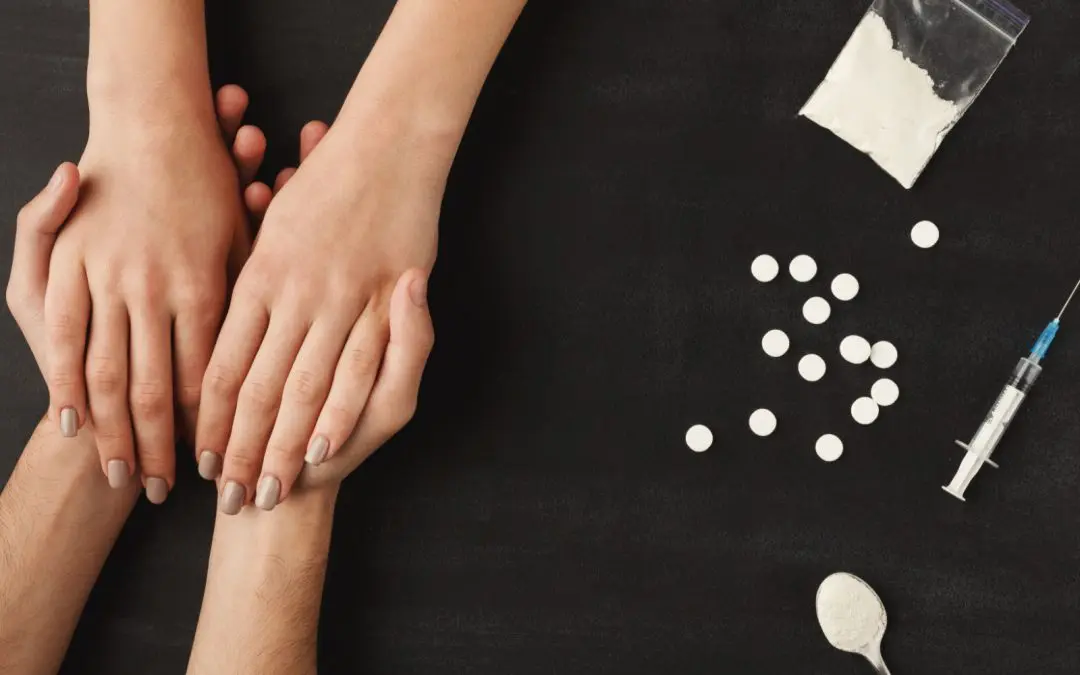


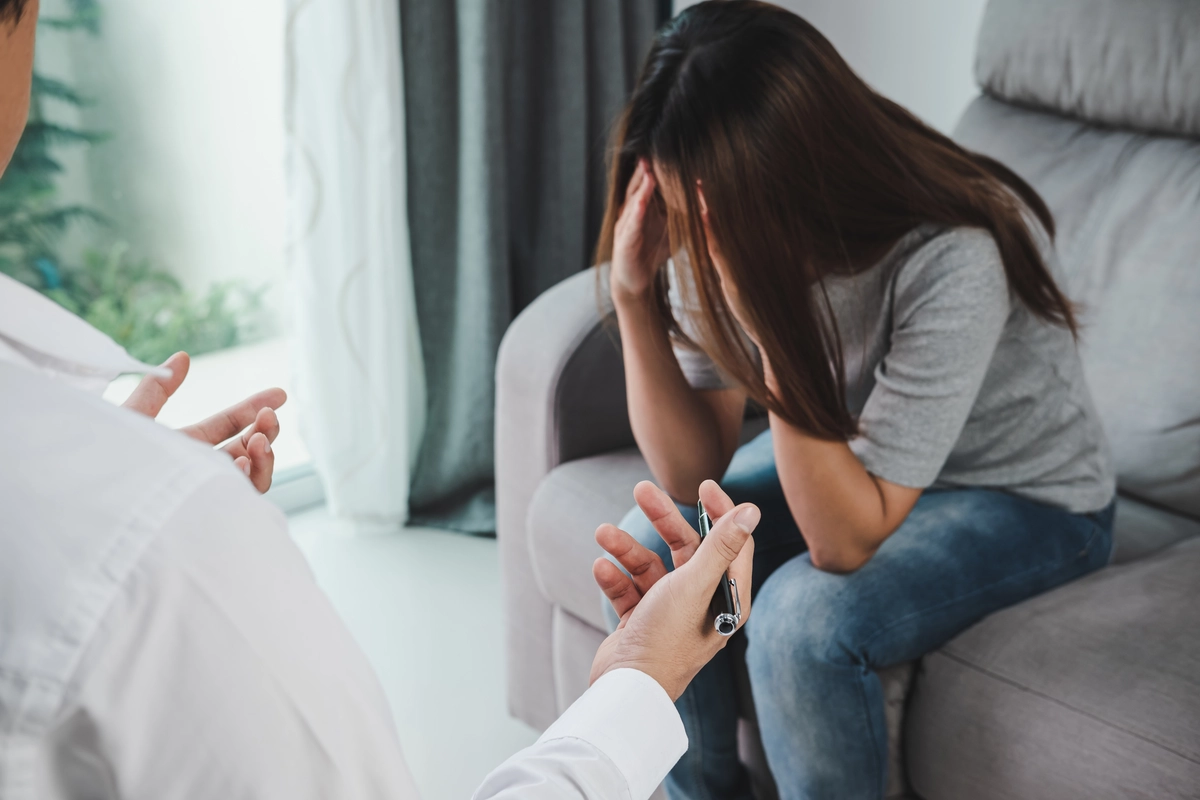


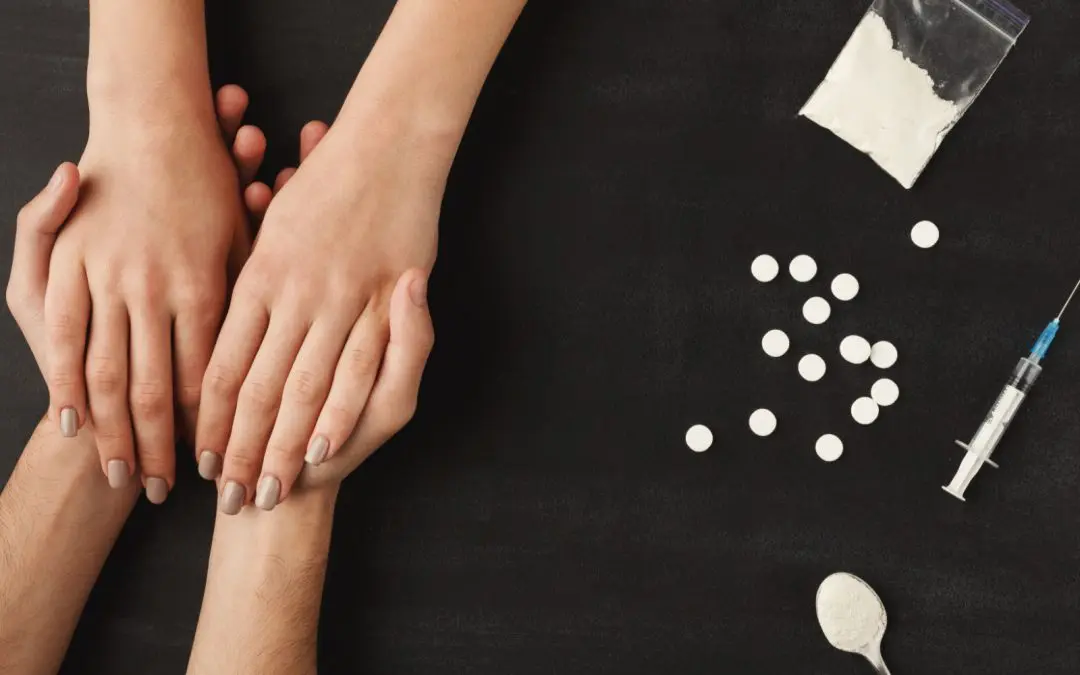


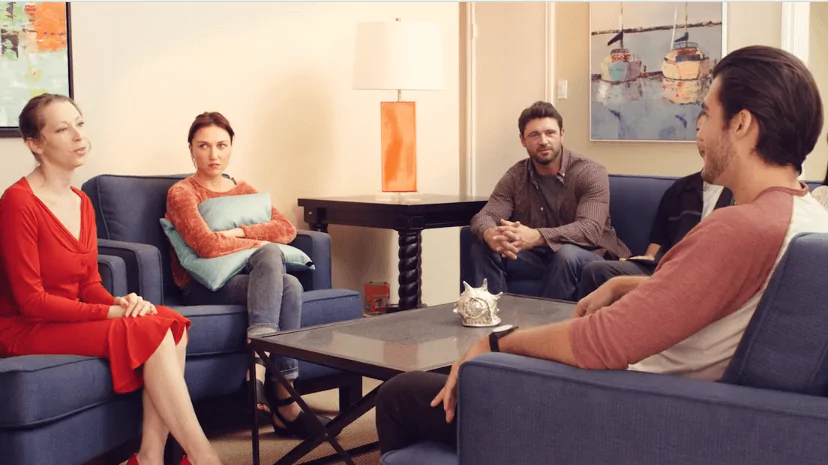

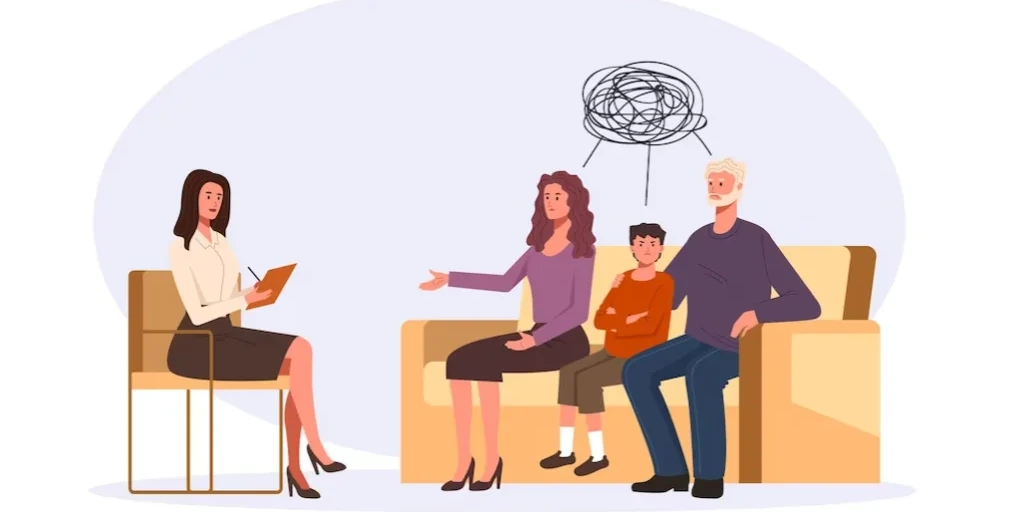
Enki East Los Angeles Mental Health Services
Enki East Los Angeles Mental Health Services is a private rehab located in Commerce, California. Enk...

Hannas First Step Treatment Center
Hannas First Step Treatment Center is a private rehab located in Commerce, California. Hannas First ...

ADF Counseling
ADF Counseling is a private rehab located in Commerce, Michigan. ADF Counseling specializes in the t...

Northwest Counseling Services
Northwest Counseling Services is a private rehab located in Baldwin, Wisconsin. Northwest Counseling...





























